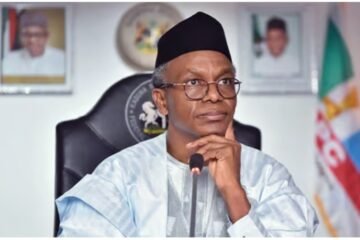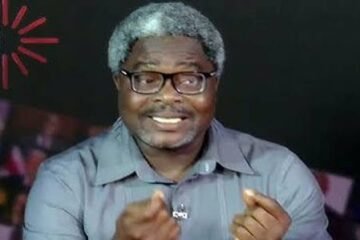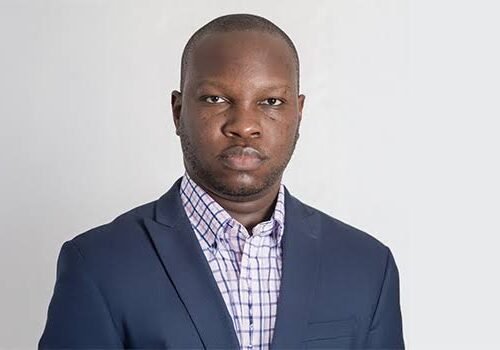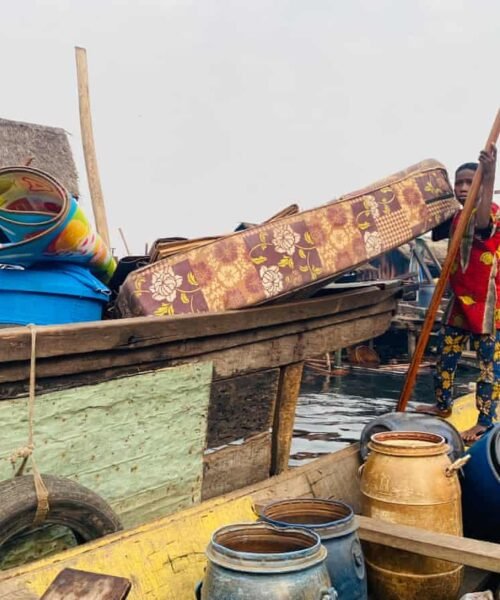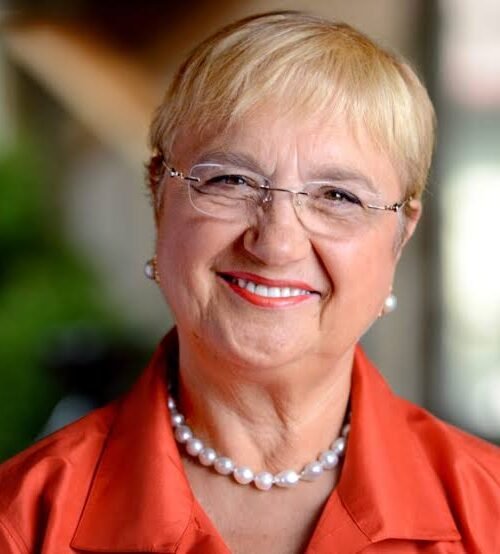“This town is truly beautiful at night now. Kai, the sight is so eye-catching. I’m pleased with this. Look at the streetlights on this street, all working perfectly; they weren’t like this before. God Almighty bless the government agency that handled this.”
An obviously enthralled Emeka Felix uttered these words to his colleague as both leisurely trekked to the nearest bus stop at Apo Bridge from where they hoped to catch a vehicle to Mararaba, a bustling commercial hub in neighbouring Nasarawa State,where they reside. Time: 11.50pm.
Mararaba, the closest Nasarawa town to Abuja, the nation’s capital, is, barring gridlocks on the busy Abuja-Mararaba-Keffi-Lafia Expressway, a mere 15-minute drive to Federal Capital City (FCC) Abuja, but a total antithesis of the latter.
Like most persons, including civil servants, milling around and sighted at daytime occupied in one job or the other in Abuja, Felix works for a private firm in FCC where the employees run shifts.
His colleague, Olanrewaju Daramola, smiled a knowing smile. Both young men, in their late 20s, had been working in Abuja for sometime and seen the infrastructural performances of a number of governments and believed in the self-assuredness of their comparative assessments.
“I agree,” Daramola told Felix. “Nowadays the streetlights illuminate the city better because they’re actually functioning. Look at the time now and we’re still feeling safe walking outside. Bro, it wasn’t exactly like this many years past-o. E be like say dem inject them with performance virus this time; if na so, na better virus be that and may it continue.”
As if by instinct, both men chorused “Amen”, laughed it off and stepped up the pace as they approached the bus stop.
In another part of Abuja, close to the National Mosque, Umoetuk Anefiok maneuvered his long-serving Toyota Coaster bus along the twisting, winding road under a flyover in that axis en route Nyanya, a satellite town in FCT.
The bus was fully loaded with passengers, many of whom engaged in one banter or the other as the bus conductor, a man in his early 30s, stretched his right hand inside the vehicle to receive the fare from the passengers seated in rows of five.
Chatting in Abuja’s usual lingua franca of pidgin English with the nearest front seat passenger, a woman identified as Madam Blessing Ogugua, Anefiok said: “Before, this road no good. You see all these manholes wey dey for this road (he pointed to a side of the highway), na so the holes dey empty. Government no cover am; they just leave am open. Plenty cars for night wey no sabi road here don enter am, lose tyre,wheel cover or other motor parts here-o. And as the drivers stop to change tyre or change another part, na so armed robbers go emerge,come attack them here.
“But now see as this government don cover all the manholes. The place dey safe now and we dey drive jeje-ly without fear anytime at all. Some people say government no dey work,but we wey dey road,know say them de try for this manhole and other matters o.”
As he spoke, the passenger’s emotions ranged from visually following his pointed hand to nodding her head in agreement to his assertions.
When he finished speaking, she replied:”Nobi lie sha. Dem dey try. Even if na this manhole matter, nobi small achievement because na so one of our church members,him car come get stuck inside one of the manholes for night. Him no see am on time, na so the car enter the open manhole.
“As the man comot from the car make e go see wetin happen, robbers from nowhere swoop on am. Some carry daggers, machetes, gun. My brother, dem steal everything wey the man carry: two handsets, one very expensive; N900,000 cash,money wey he make from business that day; him bag containing travel documents wey the man been de plan go abroad for business; him gold wristwatch, gold chain,shoes,many items.
“On top of that, one of them stab the man for neck saying so na only N900k him keep for them? The man dey hospital admission for almost two weeks. True, I thank government for fixing the manholes-o.”
More and more FCT residents, civil servants, business persons, students and others are waking up to the reality of infrastructural upliftment in the nation’s capital in the last couple of years.
The impact is felt across several sectors, but one area of direct effect is on the highways.
Most streetlights in FCC are currently functioning perfectly. Most parts of Abuja city (FCC) are so well-lit at night now that a stroll at 1:00am is like a daytime walk in the park.
The Federal Capital Territory Administration (FCTA)’s Department of Facilities Maintenance and Management (DFMM), a vital agency mandated to run the city’s facilities and keep them sailing regularly at world-class standard -irrespective of headwinds -, contributes its bit to the overall facility efficiency reshape in FCC.
Under its Acting Director, Engr. (Dr.) Ayuba Anza Usman, the department has reached new heights in city facility maintenance and management.
Through shrewd husbanding of available funds, and with the support of FCT Minister, Barrister Nyesom Wike, and the supervising Coordinator of Abuja Metropolitan Management Council (AMMC), Hon. Felix Obuah, the department has unleashed fresh life into city ambience by fixing streetlights that dot Abuja, drastically reducing the hitherto constant nighttime smash-and-grab incidents and other crimes; strategically covered the many gaping road manholes stolen by metal scavengers (known locally as babanbola ); and provided bridge aluminium rails on bridges.
Officials of the department, comprising mostly engineers of almost all fields as well of professionals of associated competencies, are daily routinely engaged in building maintenance (public buildings), maintenance of office furniture and so on,thus saving scarce public funds if the jobs had been outsourced.
This has enabled the saved money to be ploughed into other areas of need for the benefit of FCT residents.
To underline the field nature of DFMM assignments, it is rare to visit the agency’s Area 11, Garki offices and see any of its officials merely sitting behind a table on a week day. The notion that Nigerian government engineers are mostly office workers seems erroneous here.
This is because they are often actively engaged in one field task or the other, in practical fulfillment of the agency’s lawful mandates.
As it is, from indications, FCT residents and other persons coming into the nation’s capital for one daily hustle or the other, appear appreciative of the outcomes.
*PHOTO CAPTION: Ogugua.



